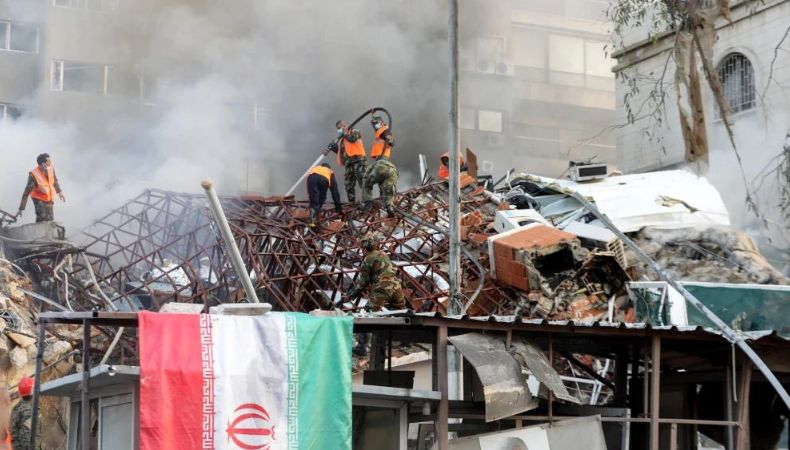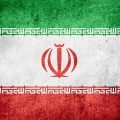Iran Weighs Retaliation Against Israel After Embassy Strike

Iran is grappling with how to respond to an Israeli airstrike on its embassy in Damascus that killed several Revolutionary Guard members, vowing retaliation but trying to avoid escalating into a broader conflict that analysts say Tehran does not want.
The dilemma facing Iran’s leadership was evident in the wake of Monday’s strike by Israel targeting Iran’s embassy compound in the Syrian capital. The attack killed two Iranian generals and five military advisers, dramatically escalating Israel’s campaign against Iran’s deepening entrenchment in Syria.
Iran’s Supreme Leader Ayatollah Ali Khamenei warned the “cowardly act will not go unanswered”, vowing harsh vengeance against Israel. But any retaliatory strike raises the risk of dragging the region closer to an unwanted war.
Weighing Its Options: Iran Weighs Retaliation Against Israel
Analysts say Iran has several options to retaliate, from unleashing its proxies against U.S. forces in Iraq and Syria to directly striking Israeli interests worldwide. More drastically, Tehran could accelerate its nuclear program in violation of the tattered 2015 nuclear deal.
However, all of those options carry significant risks of escalating into a wider confrontation, something Iran appears keen to avoid as it grapples with protests at home and tries to revive its sanction-stricken economy.
Walking a Tightrope Between Deterrence and Restraint
The strike on Iran’s embassy marked a sharp escalation in Israel’s shadow war with Tehran and put greater pressure on Iran to respond forcefully to maintain its deterrence credibility in the region.
The strike marked such a significant incident that Iran may be forced to respond by attacking Israeli interests rather than going after U.S. troops, according to a U.S. official.
At the same time, Israel has warned it would respond with overwhelming force to any Iranian retaliation, raising the specter of a direct military confrontation between the archenemies.
Mideast experts say Iran likely does not want a full-blown war with Israel currently. Any response will likely stop short of triggering a massive Hezbollah assault from Lebanon to avoid staving off a wider conflict.
U.S. officials also warned Tehran not to attack American troops after the Israeli strike, noting recent deadly airstrikes on Iran-backed militias in Syria following attacks on U.S. personnel.
Keep Reading
Limited Retaliation Seen as Likely Path
As it weighs its next moves, Iran finds itself in a familiar bind – looking to save face at home while trying to avoid triggering a conflict it can ill afford. A limited response aimed at deterring further Israeli strikes without escalating into a multi-front war may be the path Tehran chooses, even if it opens the Islamic Republic to charges of empty rhetoric from hardliners.
For Iranian leaders, retaliating in a way that allows them to claim vengeance while holding off on greater escalation appears to be the challenging course they are charting in the wake of the embassy strike.







